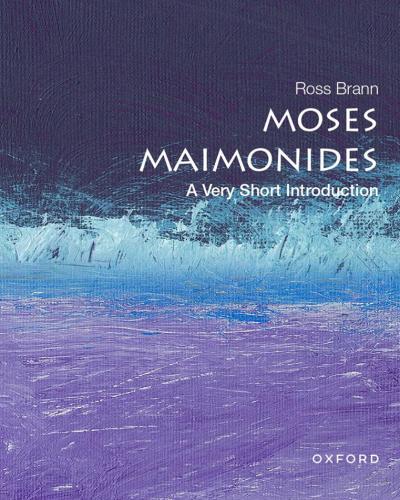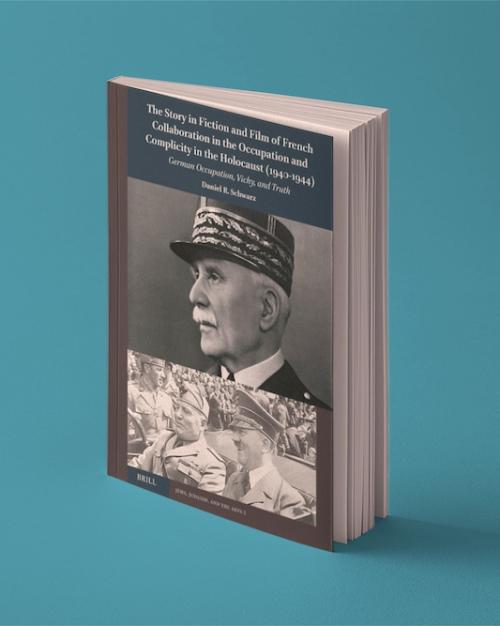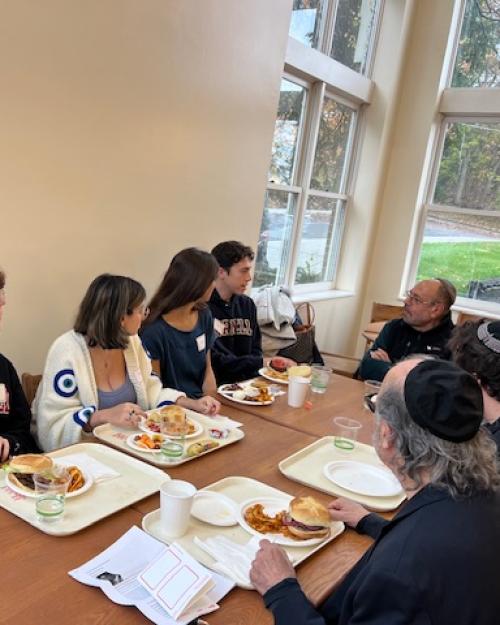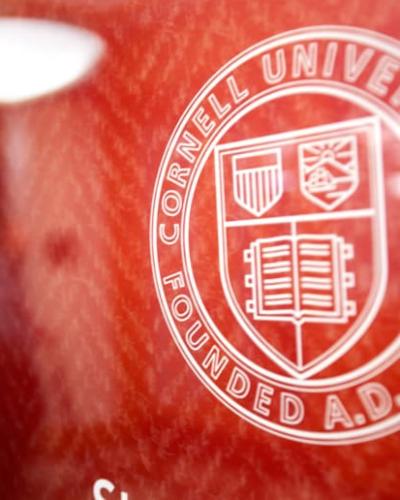On behalf of the Jewish Studies Program at Cornell University, we invite proposals for a forthcoming workshop on April 27-28, 2025, in Ithaca, NY, on the topic of the relationship between state authorities, Jews, and European societies during the Holocaust. How did encounters between civilians and state authorities shape Europe’s trajectory during the late 1930s and under Nazi occupation? We invite scholars at all career stages, especially postdoctoral scholars, recent PhDs as well as doctoral candidates in the final stages of their dissertations to join us in exploring the triangle of ties between occupiers, locals, and officials in Nazi-occupied Europe. Participants in the workshop will present their work-in-progress and explore ways of writing the state back into this history through a collective discussion of sources, methodology, and theory. We are especially interested in promoting interdisciplinary dialogue with political science, psychology, sociology, and criminology.
Rationale
In the top-down interpretations of scholars of the Holocaust and genocide from Helen Fein to Scott Straus and Anton Weiss-Wendt, the modern state was the primary driver for systematic destruction. Genocide scholars have made abundantly clear that collective violence and even the destruction of entire groups of people are inseparable from state structures, whether illiberal or liberal. Civilian encounters with state authorities and officials, on the other hand, are still poorly understood. Scholars have primarily considered how state officials— collaborationist magistrates, teachers, police officers, mayors, village elders, public servants, and other holders of state power after September 1939 – engaged with collaborationist institutions and Nazi authorities. Yet these individuals were also accountable to their local constituents and often interacted directly with Jewish communities.
Personal accounts of the period show that prewar civilian encounters with state authorities— through legislation and interactions with police and bureaucracies – continued shaping civilians’ behaviors during wartime. As political scientists Evgeny Finkel, Jeffrey S. Kopstein, and Jason Wittenberg have recently shown, how Jews and non-Jews interacted before and after 1939 were intimately connected. This workshop seeks to further explore these connections in a transnational, comparative fashion.
Moreover, scholars in comparative politics, conflict studies, international relations, and historical sociology have recently highlighted the significance of civilian agency in civil wars and conflicts, from Colombia, the Philippines, and Afghanistan to Pakistan and Syria. However, they remain primarily concerned with a particular group’s calculated engagement with an armed group, and their ability to obstruct harmful actions – a framework which cannot be unproblematically extended to the Holocaust. With this workshop, we are hoping to provide a framework for further study of the relationship between state officials and civilians during the Holocaust and contribute to emerging social histories of persecution.
Possible questions include:
- How did individuals’ attitudes towards the state and first-hand experiences of discrimination and violence at the hands of state representatives before 1939 shape their behaviors during the war? Presentations might explore how individuals’ experiences of Stalinist collectivization, the Great Terror, and the Soviet scorched-earth policy during evacuation (to take only the example of the Soviet Union) paved the way for wartime loyalty, indifference, or betrayal of the state.
- To what extent did unofficial prewar norms continue governing the lives of local communities under Nazi rule? Did faith in the rule of law matter? In Eastern Europe, including regions that experienced Soviet rule both before and after September 1939, distrust of national and local state authorities was not just a matter of evading the Nazis, but an essential part of people’s self- understanding.
- What is the relationship between local outbreaks of anti-Jewish violence (such as the 1941 pogroms), Nazi terror on non-Jews, and the Holocaust? What happened after the “clouding features of legal restraint” (Roger D. Petersen) were lifted after 1939/1941?
- What were the material and financial underpinnings of encounters between state authorities, Jews, and non-Jews? We are especially interested in exploring individuals‘ full range of behaviors, from direct participation in state-sponsored theft to efforts to halt it.
- What happened to those who became stateless before and after 1939? What were their choices, encounters, and experiences after being stripped of citizenship?
- How did Jewish communities‘ centuries-old alliance with the state evolve after 1939, especially as regards their relationships with local officials, both Jewish and non-Jewish?
- To what extent can we use tools from the social sciences, such as James C. Scott’s concept of “infrapolitics” or “weapons of the weak” to describe individuals‘ attitudes towards the state in the abstract, as well as their concrete encounters with its representatives between 1939 and 1945?
- How did memories of interactions with the state evolve after 1945? We are interested in presentations exploring questions of trauma, commemoration, restitution, and identity.
The workshop language will be English. Cornell’s JSP will cover expenses for travel and accommodation. Please submit short presentation proposals (500 words max.) and a one-page CV by November 10, 2024, to workshopcornell2024@gmail.com. Successful applicants will be notified by November 20, 2024.
Organizers
Cristina Florea, Assistant Professor of History, Cornell University
Jan Burzlaff, Postdoctoral Associate, Jewish Studies Program, Cornell University





